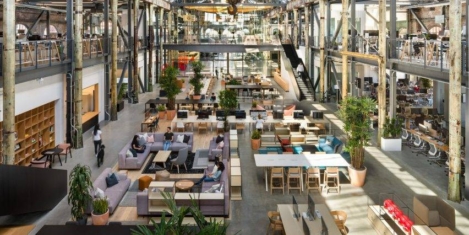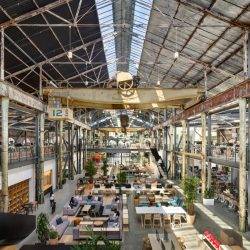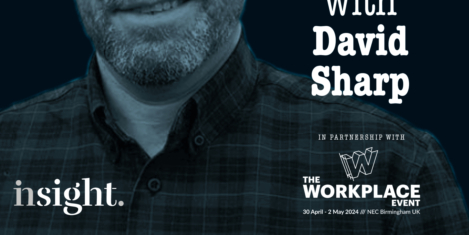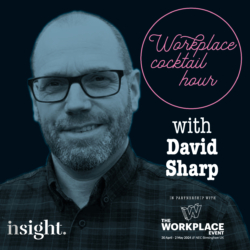April 19, 2024
Most people want to work in jobs that have a positive impact on the world
 A new poll from hiring platform Indeed suggests that people now consider working in jobs that positively impact society (57 percent) and the environment (55 percent) more important than they did when they started their careers. Just over a quarter (26 percent) say they would take a pay cut and 44 percent would consider retraining to enter the environmental sustainability sector. The survey of more than 1,000 workers and job seekers and 500 employers in the UK, highlights the ongoing green skills challenge. Despite the clear appetite for sustainability-related jobs among working people, 42 percent believe there are still too many barriers to entry. More than a quarter (27 percent) have been trying to transition to the sector but have been unsuccessful so far. (more…)
A new poll from hiring platform Indeed suggests that people now consider working in jobs that positively impact society (57 percent) and the environment (55 percent) more important than they did when they started their careers. Just over a quarter (26 percent) say they would take a pay cut and 44 percent would consider retraining to enter the environmental sustainability sector. The survey of more than 1,000 workers and job seekers and 500 employers in the UK, highlights the ongoing green skills challenge. Despite the clear appetite for sustainability-related jobs among working people, 42 percent believe there are still too many barriers to entry. More than a quarter (27 percent) have been trying to transition to the sector but have been unsuccessful so far. (more…)















 There are plenty of definitions of the modish concept of biophilic design around right now. But perhaps nobody can top that of Erich Fromm, the sociologist and psychoanalyst who first described it in his 1973 book
There are plenty of definitions of the modish concept of biophilic design around right now. But perhaps nobody can top that of Erich Fromm, the sociologist and psychoanalyst who first described it in his 1973 book 


















April 11, 2024
A definitive new book on the madness of hybrid working goes one step beyond
by Paul Carder • Comment, Flexible working